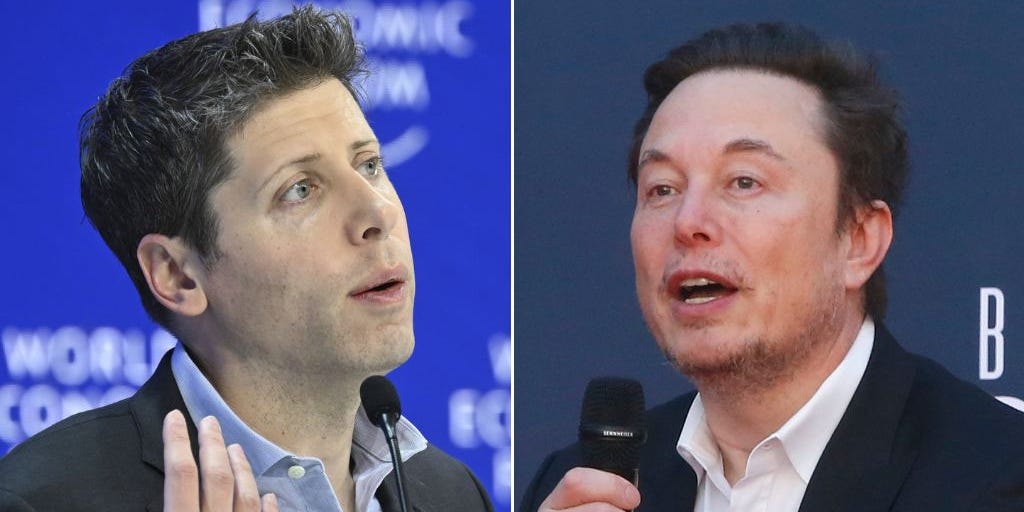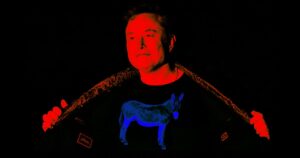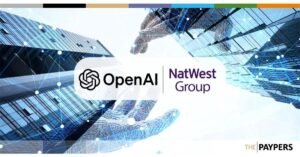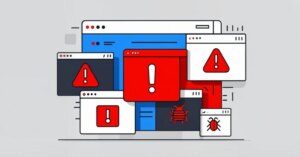Elon Musk and Sam Altman Reach a Mutual Agreement

Elon Musk and Sam Altman: Navigating the Legal Landscape of OpenAI
Overview of the Dispute
Elon Musk and Sam Altman, the CEO of OpenAI, have recently agreed to speed up their legal dispute concerning OpenAI’s transition to a for-profit entity. The agreement comes amid ongoing tensions between Musk and the organization he co-founded, revealing a complex relationship often marked by disagreements.
Timeline of Events
- Court Filings: In a recent court filing, Musk and OpenAI proposed scheduling a trial for December. This request follows years of contention that began when Musk resigned from OpenAI’s board in 2018.
- Musk’s Legal Actions: Initially, Musk filed a lawsuit against OpenAI in a California state court last year, which he later withdrew. In August of the same year, he pursued a new case in federal court, expressing concerns that OpenAI "betrayed" its original mission by becoming a for-profit entity in 2019.
- Judge’s Ruling: Earlier in the month, a federal judge dismissed Musk’s request for an injunction to prevent Altman from fully converting OpenAI into a profit-driven organization. However, the judge acknowledged the importance of Musk’s claims, suggesting that some aspects of the lawsuit warrant expedited trial proceedings in light of public interest.
Key Details of the Case
- Court Proceedings: U.S. District Judge Yvonne Gonzalez Rogers described Musk’s request to halt OpenAI’s restructuring as "extraordinary and rarely granted." Nevertheless, she expressed openness to accelerating trials for claims that may be interrelated with OpenAI’s operational changes.
- OpenAI’s Position: OpenAI has refrained from extensive commentary on the ongoing legal battle. However, in a blog post, the organization expressed optimism about the trial, asserting that it looks forward to defending itself against what it termed Musk’s "baseless" lawsuit. The company emphasized its commitment to maintaining a non-profit wing that plays a critical role in its mission.
Perspectives from Sam Altman
As tensions rise, Altman has vocalized his sentiments regarding Musk’s actions. In a recent interview at the Paris AI Action Summit, Altman remarked on the potential underlying insecurities that might drive Musk’s behavior. He expressed sympathy for Musk and noted, “I don’t think he’s a happy person. I do feel for him.”
The Financial Landscape
In February, Musk participated in a group that attempted to acquire OpenAI for a staggering $97.4 billion. This proposal was met with immediate rejection from Altman. The ambition behind this bid illustrates the high stakes involved in the ongoing narrative surrounding OpenAI’s future and Musk’s vision for artificial intelligence.
Alternative Business Model Considerations
Despite the challenge posed by Musk’s lawsuit, OpenAI has declared its intention to develop a successful business model while continuing to support its non-profit aspirations. The organization’s dual-focus aims to strengthen its operational capacity, ensuring its mission is not compromised by profit-oriented ventures.
Community and Public Interest
The ongoing legal proceedings highlight significant public interest in the case, focusing on the broader implications of OpenAI’s operational model. As the company navigates these complex legal waters, its success may set important precedents for other organizations working at the intersection of technology and ethics.
This unfolding saga captures the delicate balance between innovation, business operations, and ethical considerations within the rapidly evolving field of artificial intelligence, raising critical questions about the future direction of organizations like OpenAI amidst personal and professional strife.






